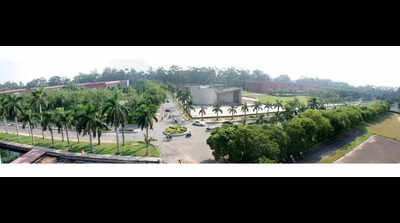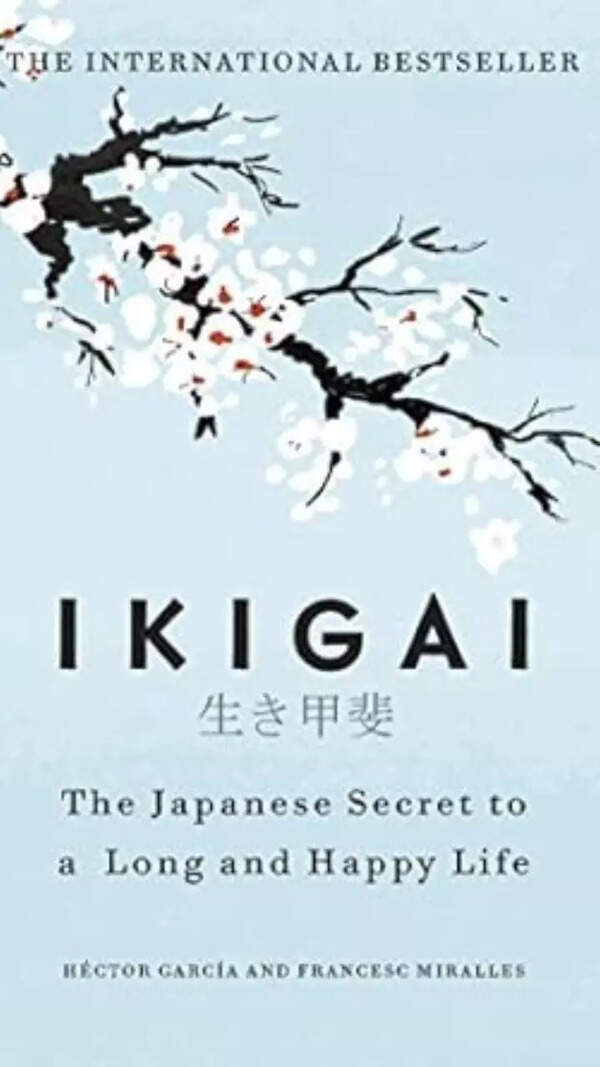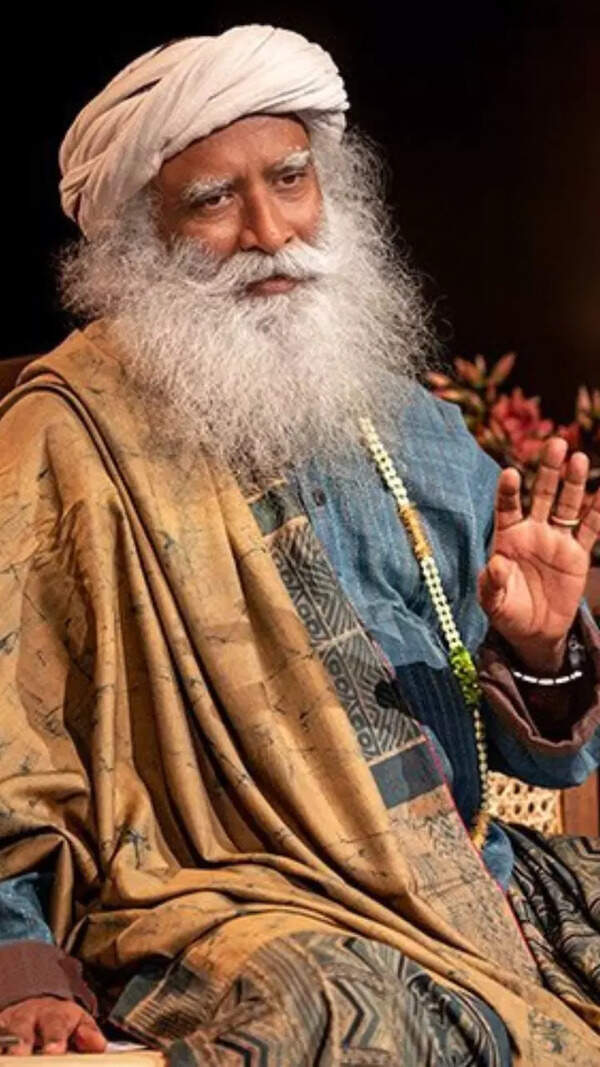- News
- 5 months on, no senate at PU; Tewari’s old query brings fresh spotlight
5 months on, no senate at PU; Tewari’s old query brings fresh spotlight
Chandigarh: With the Panjab University campus slipping into silence over the absence of its top governing body for over five months, the long-pending Senate elections are back in focus — not because of renewed protests, but through Central Government reply to a Parliament question raised by Chandigarh MP Manish Tewari. The Ministry has clarified that the responsibility for holding Senate elections lies solely with the university and the Chancellor — the Vice President of India — and not the Central Government.
Tewari had raised the matter during Zero Hour in the Lok Sabha on December 3, 2024, flagging concerns about the absence of elected statutory bodies at the university. In a written reply dated April 8, 2025, Minister of State for Education Dr Sukanta Majumdar stated that Panjab University is governed under the Panjab University Act, 1947, and that both academic and administrative matters fall within the purview of the university authorities. He clarified that the Senate election is conducted by the university after due approval from the Chancellor, who is the Vice President of India. The reply further emphasised that the Central Government does not interfere in the constitution of statutory bodies of the university.
The university's Senate, a 91-member body responsible for key academic and administrative decisions, ceased to exist after its term ended in October 2024. With no fresh elections announced, the Syndicate — the university's executive body drawn from the Senate — also remains non-functional. In effect, Panjab University has been operating without elected governance for over six months, relying instead on ad hoc arrangements.
Throughout late 2024, faculty bodies, former Senate members, students, and alumni groups had protested against the delay in issuing the election schedule. Various student organisations held demonstrations, and were joined by numerous mainstream political leaders from Punjab. Concerns were also raised that the delay could open the door to greater Central interference in the university's functioning.
While the Ministry's reply puts the onus squarely on the university and the Chancellor, it does not offer a timeline for when elections might be held. For now, the university community remains in the dark — and the question of restoring democratic governance at Panjab University remains unanswered.
BOX-
Tewari's December intervention in Parliament had included questions about whether there was a plan to convert Panjab University into a central university — a longstanding fear among stakeholders due to its unique federal character and historical ties with Punjab. The Ministry had denied any such plan, stating that the university's status would remain unchanged and reiterating that elections are the internal responsibility of the university and Chancellor.
End of Article
Follow Us On Social Media











